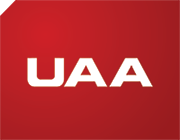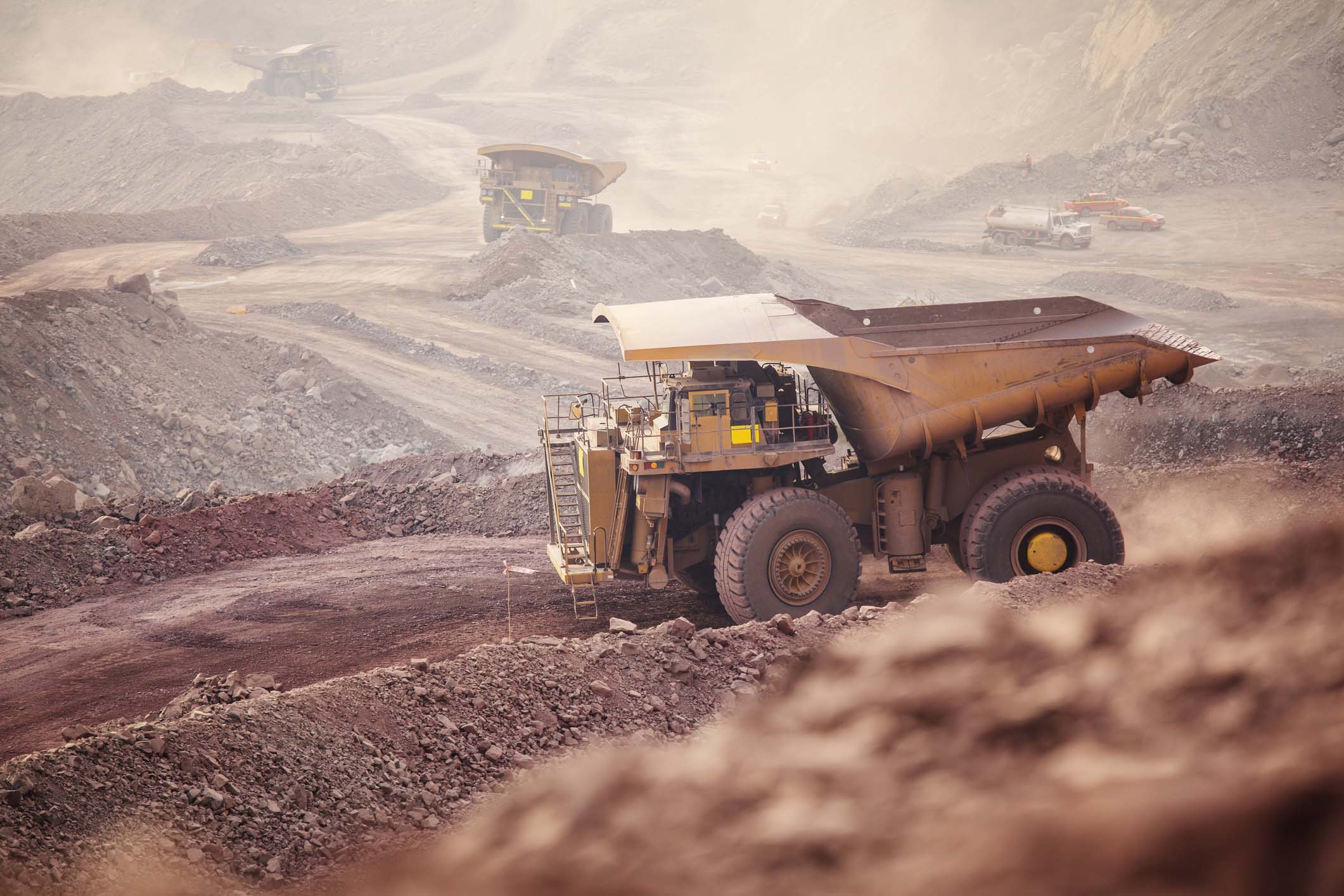How can a dash cam protect me?
In an attempt to protect themselves and obtain more peace of mind, drivers are turning to dash cams… but is the footage even useful after you have been involved in an accident? As dash cams become increasingly popular, the Australian Machinery and Transport industries have begun to reap the benefits in assisting to determine liability for an incident produced from the footage of this product.
Well, picture these Scenarios:
I was in my lane …. he hit me in the Rear:
You’re driving your prime mover back to your depot after a long day, you’re approaching a red traffic light and begin breaking with plenty of time to safely stop at the intersection…..but suddenly, a young driver in a small sedan changes lanes, immediately brakes and BANG, you impact. You swap details at the scene of the incident and think nothing more of it…. Until you receive demands from the third party’s insurer claiming you’re responsible for hitting their client in the rear. (damage to vehicle and demurrage such as hire car costs)
I was in the roundabout, he changed lanes into me!
You’re approaching a small roundabout in which you need to take two lanes. You’re stationary in the right lane encroaching onto the left lane. You enter the roundabout and are proceeding to exit when suddenly you’re overtaken by another party in the left lane who hits your front cabin. You swap details for good measure, but a few weeks after the incident you are called by the other party’s Insurer claiming you changed lanes whilst driving through the roundabout.
He turned from the wrong lane and hit me!
You’re driving your prime mover and need to turn left, the turn is tight so you need to take the right hand lane to make the left turn, you have your left indicator on and begin to turn. Mid -turn another party overtakes you and hits the left front of your cabin. The other party exists their vehicle, belligerent, and states you never indicated, you knew he was next to you and you veered into his lane.
Any of these scenarios sound familiar?
How will you prove you were not responsible? Unfortunately, these types of incidents occur far too often and at times truck and heavy machinery drivers can be made to look like the villains. Liability disputes can cause a significant cost impact to your business especially in legal fees defending liability. Your business may also incur the additional cost in your requirement to pay uninsured losses to a third party including their hire cars, lost income and their assessment fees if the courts find your driver responsible for the accident. Fighting liability can be a costly exercise for your business, not only in external fees but also your internal expenses and time gathering evidence in an attempt to prove your own innocence. If this situation seems all too familiar, a dash cam can be crucial to prove who is liable at the time of an incident. Insurance companies can study the footage provided and in some cases, can use this footage to deflect liability against the third party. If it is clear from the footage the insured driver is not at fault, the provision of this footage could potentially save significant costs to your business and you may be compensated not only for your own damages but also for your business losses such as lost income or your increased expenses in hiring a vehicle or machine whilst your damaged vehicle is being repaired. The cost of dash cams can vary, but if your dash cam captures an incident where you are clearly not at fault and it is agreed by the insurer, you may save these additional expenses, offsetting the cost of the camera. Due to the robust and large nature of some of these machines, you will need to carefully consider the best place to affix any camera/s to ensure any footage obtained is of assistance. Depending on the nature of its vehicles, your business may consider adding a fixed camera to other parts of its motor vehicles and machines (such as on the rear and either side of the machine), therefore allowing the cameras to capture all relevant angles. Bear in mind that the cameras should be placed so as not to obstruct the driver’s view or otherwise impede the safe operation of the vehicle or machine. You should also have in place a system to ensure any relevant footage is saved and can’t be overwritten. Most dash cams will have a functionality to save key footage and employees should be trained in how to do this. As dash cams are surveillance devices, you should check (and get independent legal advice) to make sure your business is complying with the relevant legislation in your State or Territory. Some general things that you need to consider will include:
- you should notify your employees in writing that a dash cam will be placed in the vehicle (you can include this in your employment agreements or workplace policy or procedure document, so long as this is brought to your employee’s attention)
- ensure there is a clearly visible notice on each vehicle advising that tracking and camera surveillance will be carried out on the vehicle; and
- in some states it will be necessary to obtain consent from an employee before installing a surveillance device; and
- you should record video only, as recording of private conversations is not legal without the consent of all parties to the conversation. Dash cams have a function whereby any audio recording can be turned off
Whilst having dash cam footage is fantastic in assisting in liability determinations, they should not be solely relied upon. At the time of an incident, it is also vital to:
- Be sure not to admit liability either at the scene of the incident or afterwards. Your insurance company will discuss liability with the other party.
- Record all relevant incident details including the time and location of the incident
- Obtain the other driver’s name, address,, license, contact and vehicle details
- Record any eyewitness names and contact numbers
- Take photos at the scene
- Report the matter to the police if needed
A dash cam may be your saving grace under the right circumstance but all information that can assist in the determination of liability is crucial to saving your business these expenses.

